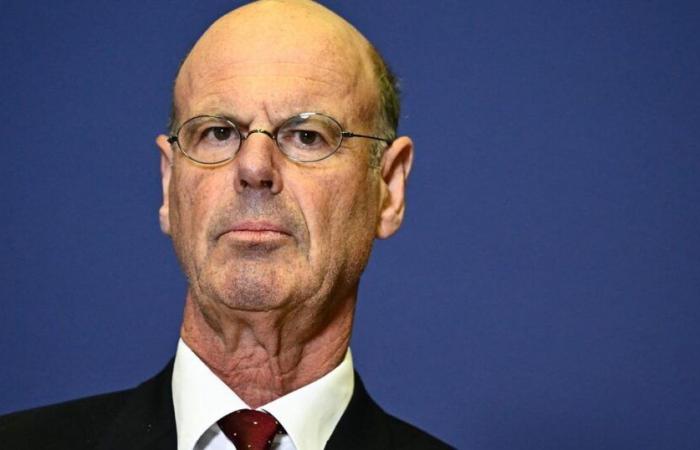The government is targeting a public deficit of between 5% and 5.5% of gross domestic product (GDP) in 2025 in order to “protect growth”announced Monday, January 6, the Minister of the Economy, Eric Lombard, on the first day of consultations with political forces with a view to preparing the budget.
“It will be less than 5.5% and more than 5%”declared Mr. Lombard on France Inter, which is more than the objective of a deficit of 5% of GDP targeted by the previous government of Michel Barnier, censored on December 4. In 2024, the deficit will be “around 6.1%”he clarified.
Mr. Lombard added that he is aiming for a budgetary effort of 50 billion euros in 2025, while the government of Michel Barnier, censored in December 2024, was counting on an effort of 60 billion for this year. “It will essentially be savings. There will be no new tax increases compared to those that have already been announced”specified the minister.
Read the column | Article reserved for our subscribers “At the dawn of 2025, rarely has the economy accumulated so much risk and uncertainty”
Read later
As for discussions with the oppositions, ” I think (…) that there is more prospect of a fruitful dialogue with the left-wing parties than with the National Rally”declared Mr. Lombard, despite the refusal of La France insoumise to discuss with him, stressing that he would not align himself “not necessarily” on Marine Le Pen’s “red lines”. ” More (…) I am open, we will see what the dialogue gives”he added.
While François Bayrou's general policy declaration is scheduled for January 14, « on commence[ra] then parliamentary work again in mid-January and we aim to have a budget, we hope, during February, so that, by the end of February at the latest, the French will emerge from uncertainty, emerge from immobility”declared for her part the Minister of Public Accounts, Amélie de Montchalin, on France 2. “We must have a collective call from all political forces for responsibility”she insisted.
Mme de Montchalin said he wanted to implement the support measures for farmers announced in 2024, and fight against tax fraud and « suroptimisation fiscale ». “Tax optimization is not illegal”but concerning “tax over-optimization, we must potentially be able to change the rules to verify that everyone pays their fair share of tax”, she said.






